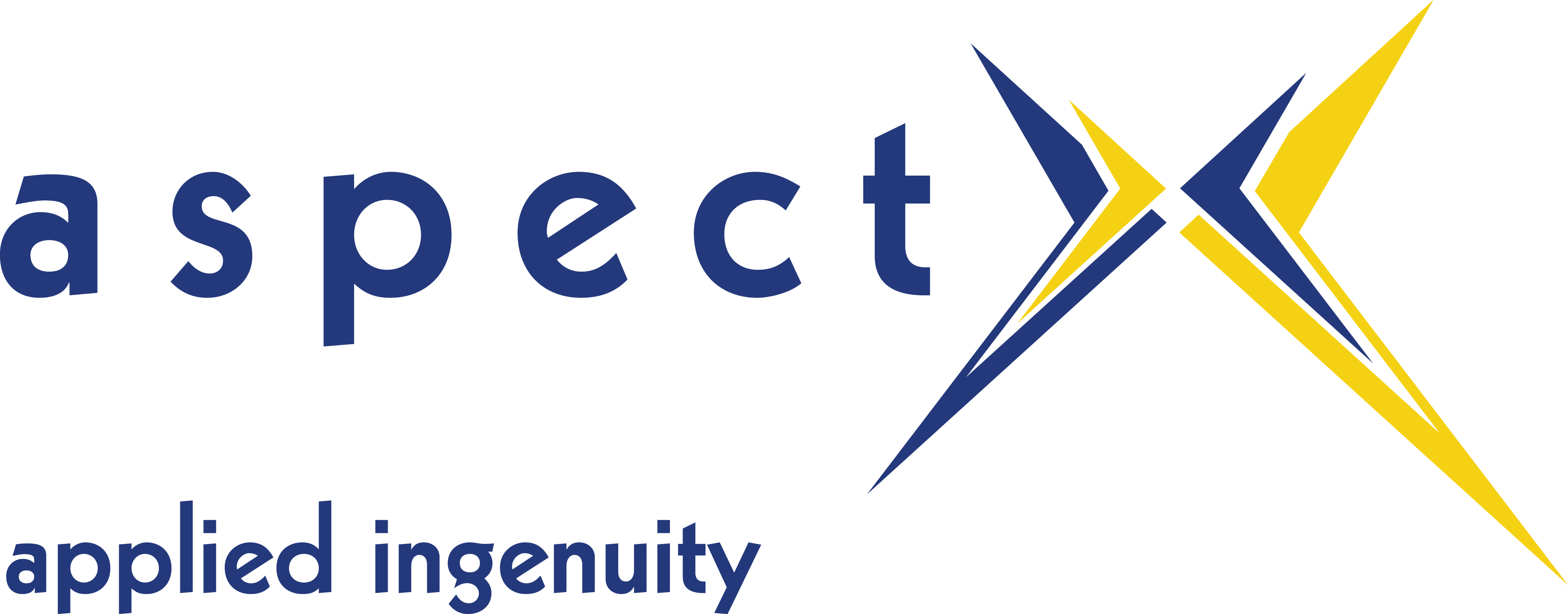Kentucky business professionals find a creative ways to continue networking
By Dawn Yankeelov
The coronavirus pandemic hit many businesses hard, both financially and in more subtle ways like community culture. But pivoting is the center of innovation, leading to productivity and ultimately, growth. Kentucky business leaders are eager to discuss some of the ways they have taken new steps to keep the business climate congenial and connected.
Take Alex Day, an entrepreneurial leader based in Louisville who runs the Sheltowee Angel Network. Day expected to be able to cope by just having smaller groups for entrepreneurial learning and business sharing at the iHub in downtown Louisville. But after a 15-person gathering he organized, he ended up with COVID-19 for three weeks this summer.
He is now working on marketing a new type of virtual connection. He and Louisvillians Homer Sarabi and John Flodder have founded UR There Holographics, a virtual reality technology that allows participants to feel as though they are in the same room for meetings. This technology was actually developed by West Coast-based inventor Steve McNeely several years ago. UR There Holographics signed a licensee agreement and had a demo unit shipped to Louisville, where it is housed at KFI Studios in Louisville’s Portland neighborhood.
Others say they have seen some direct benefits from doing more Zoom networking. Da-Wyone Haynes, a cybersecurity engineer for Aegon Transamerica, has worked remotely for a number of years but has seen special opportunities during COVID-19 to reach out and touch cyber experts in the field, particularly through virtual conference attendance. He oversees international teams for his company in Aegon Global Technology Services as product owner of Custom Data Solutions – Data Analytics and Monitoring.
“Now, at any given time of the day, C-suite types are more available because they are not traveling” Haynes said. “This means if they are speaking at a virtual event I can have conversations with CEOs and CIOs by posting in chat. When they are traveling, they typically don’t much engage after their talks with tech conference attendees.
“Now I can go from a Splunk conference to a tech summit broadcast from Nashville in the same day and still complete my workday assignments,” he said.
As a corporate leader himself, Haynes has direct access to other corporate types dealing with COVID-19 in the workplace via virtual events and takes that information back to his internal teams.
“I’ve found a question in chat can lead a speaker to change the direction of his presentation to really engage with his online audience. You don’t have to worry about being shy, and you definitely don’t have to worry about running between conferences,” he added.
Given that conferences generally adhere to the time zone from which they originate, Haynes has found he can easily add four to five webinars per week and still have time for his family. His suggestion is for team leaders to take more time to look into training and development opportunities online.
“This is a fine time to do more,” he concluded.
Robert Hatfield, founder and lead for Breakout Creative, a brand management firm based in Louisville, has joined several new networking groups online to generate leads, including BNI (Business Network International) and One More Customer.
BNI is a worldwide organization that generated $16.7 billion in member referral business revenue in 2019. Business professionals can find the chapter nearest them at bni.com.
One More Customer in Louisville now has 315 members and is in Meetup, an online social networking portal that facilitates offline group meetings in various localities around the world. Each One More Customer event is a self-contained lesson that you can put to use immediately to produce increased sales, more customers and bigger profits.
“I find that virtual meetings are easy and seamless. And these networking groups are showing promise for new leads,” Hatfield said. To alter his daily routine, he takes short road trips to check out new area wineries and out-of-town restaurants, where he participates in the meetings.
“I’ve been to Midway, Bardstown, E-town and Versailles. There aren’t any crowds and I can change up the background scenery, have a nice lunch, and get out of my typical spaces at home.” He starts his day with a 4- to 6-mile run and has gone to a no-carb diet since COVID-19, losing 36 pounds.
Attorney Alan MacDonald at Louisville’s Frost Brown Todd leads the firm’s securities practice. While COVID-19 cut the number of people coming into the office, he has not seen a big change in his workday, though meetings are now conducted virtually.
“We are so dispersed geographically as a law firm that instead of groups in conference rooms we are now using Teams and Zoom,” MacDonald said. “There only about 40% working from the Louisville office.”
The firm has, however, created marketing strategies for staying in touch with regular firm customers and has also seen new business leads due to situations created by the pandemic. For example, the firm found new customers through those who requested assistance with Paycheck Protection Program management and applications, MacDonald said. Initially, the commercially backed securities work came to a halt with COVID-19, but deals are still getting completed.
“The firm has become more proactive to interact with our clients, and I like that,” MacDonald said.
With less live entertaining of clients, there has been more time for his 17-month-old granddaughter. “I have enjoyed spending more time this year chasing a toddler. Less entertaining at work and home has meant enjoying these moments together,” he said.
Jay Rollins, founder of managed service provider CloudNexus Technologies, previously had been going to regional conferences and securing new clients through business networking and the exchange of business cards, but now the majority of his attention is spent on LinkedIn.
“We paid for the Sales Navigator tool inside LinkedIn and we are getting into our second- and third-degree contacts. It’s too early to tell if this will lead directly to clients, as we’ve only been trying this for the last month, but I believe it will be successful based on the current interactions,” Rollins said.
He and his team answer questions and give counsel through instant messaging, adding about 20 new weekly introductions for business this way.
He found himself turning toward snacks during the pandemic, so Rollins has now committed to “75 Hard” training, which comes from a book entitled “The 75-Day Tactical Guide to Winning the War with Yourself” by Andy Frisella. It is billed as a transformational, mental toughness program rather than a fitness program, but includes making time for two 45-minute exercise sessions each day—one has to be outdoors—as well as drinking a gallon of water each day and no alcohol.
For Lee Ann Lyle, who operates out of her home in Oldham County doing web development, COVID-19 has presented a challenge to schedule smaller virtual networking meetings, doing three to five meetings a week on Zoom.
By downsizing the virtual connections in a meeting, there is more time to talk and really network, but Lyle says it is not as effective as being in person. She has devoted more time in the last few months focusing on courses for business development, such as a fee-based Amazon marketing course and attending classes at Writer’s Digest University online. She enjoys challenging potential clients and friends to play online strategy games like Sudoku and Scrabble with her.
With more downtime, she has put time into reading psychology books and listening to podcasts to gain insight into relationships, including those involving customers, and reviewing TED Talks on leadership and power, including those in the political arena.
Those in the education arena can relate to the efforts involved in building out a computing space to deliver education. Bellarmine University Chief Information Officer Eric Satterly has spent a great deal of time at all hours of the day delivering remote work counsel to the Bellarmine educators and pushing out Teams usage.
“We are doing more formal meetings, and everything now must be scheduled in Teams. Finding time is like playing Tetris—it can be very challenging. But when we hold formal meetings, it’s very effective,” Satterly said.
He had already been evangelizing Teams for the better part of two years to the administration, so the switch was not as dramatic in his higher education circle, but he admits online meetings take more energy.
“What I see is that more and more people are turning off the video as we get deeper into this pandemic. Maybe audio-only is a good recharge, so you don’t have to stare into the screen and see yourself,” Satterly said.
Teams works for networking, but what you miss is what he calls “incidental collusions,” he said. “It’s those little sidebars you have with people that spark creativity and problem-solving. I’m fearful we will lose those over time.”
Satterly indicated that connections in higher education via Educause and the university’s ERP software company have been heightened and extremely helpful during the pandemic because of the connectivity.
Overcoming rural challenges
Remote working and virtual networking can be extremely difficult in the smaller communities of Kentucky, said Bobby Clark, president of Sustainable Business Ventures Corp. (SBV), a Lexington-based nonprofit organization that focuses on helping difficult-to-to employ individuals create their own jobs through self-employment and helping people in rural America. Clark had a big vision with the advent of the pandemic to help small businesses through remote networking.
In September, his team received a $54,000 USDA rural business development grant to help small businesses and entrepreneurs across Kentucky. Connecting small business owners with on-demand training and coaching could help them survive, Clark said. The SBV project will create 20 jobs and save an additional 100 positions across the 16-county service area (Ballard, Breathitt, Calloway, Carlisle, Elliott, Fulton, Graves, Hickman, Lee, Magoffin, Marshall, McCracken, Menifee, Morgan, Rowan and Wolfe).
“We are focusing on microbusinesses (five employees or fewer) that we can assist in creating more jobs, and Zoom is the tool that has allowed us to first bring community leaders together in these smaller counties by putting four to five counties together for networking and identifying nearby support for small businesses,” he said.
Clark relies on the breakout rooms feature to make sure people are able to speak directly to each other in larger groups, which may include elected officials, Chamber of Commerce leaders and business executives. After the first round of leaders working together, businesses are invited to join training sessions, videos and seminars to assist in delving into their concerns.
By first identifying the supporting organizations in each county they serve, SBV is able to assist with opportunity canvasses—assisting businesses with solutions to known problems and most importantly, in identifying new customers.
“In smaller communities, the virtual networking has to be ‘high-touch’ and it is always a challenge,” Clark said. “We are finding ways to connect them virtually to larger communities of interest in Louisville and Lexington.”
Dawn Marie Yankeelov, president of Aspectx, is a freelancer for The Lane Report, Kentucky’s premier business magazine.
